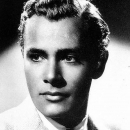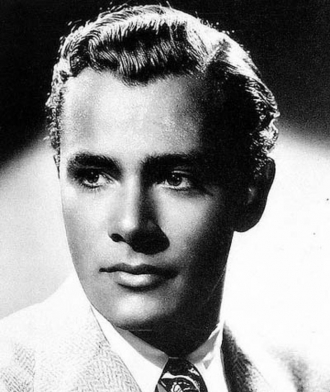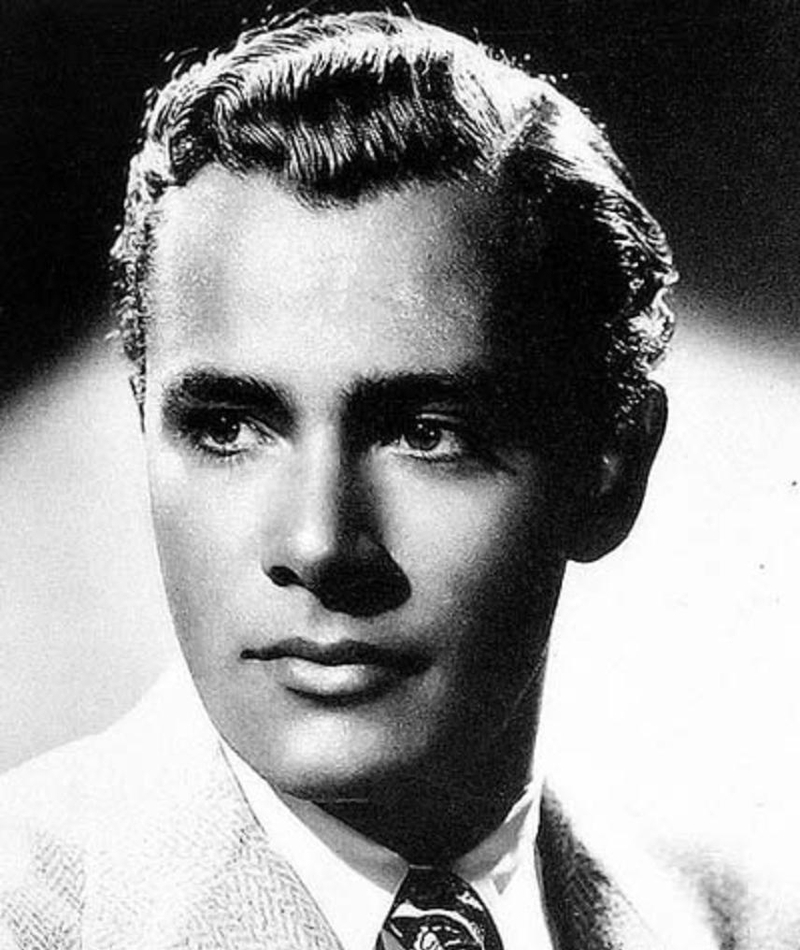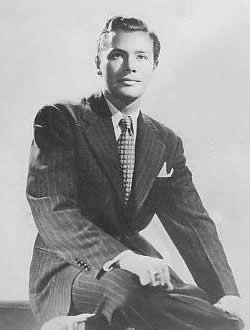Ross Hunter - Biography
Born May 6, 1920 in Cleveland, Ohio, USA
Died March 10, 1996 in Los Angeles, California, USA (cancer)
Birth Name Martin Fuss
Noted Hollywood producer Ross Hunter served in Army intelligence during World War II. After the war, he signed with Columbia Pictures and appeared in a number of forgettable B-movies. He then became a producer and produced more than 60 films. Most of his films tended to be bright confections, many for Universal Pictures, with stars such as Debbie Reynolds and Julie Andrews. He also produced his share of "three-hankie weepers", including such fare as Imitation of Life (1959), a remake of an earlier film (Imitation of Life (1934)) that resurrected the career of Lana Turner. His production principle was that audiences should leave the theater either laughing or crying. His biggest success was Airport (1970), for which he received his only Oscar nomination. It was such a hit that in 1973 he remarked, "For three years, Universal's been living on 'Airport'." He ended his long career at Universal, joining Columbia in 1971 and then Paramount in 1974, where he produced made-for-TV movies.
Trade Mark (1)
A role for old friend Virginia Grey in almost all of his major films
Some sources, including film historian Leslie Halliwell as well as the World Almanac, cite Hunter's year of birth as 1921. Others, including The Film Encyclopedia (Katz) and The Encyclopedia of Film (Monaco/Baseline) cite it as 1916. The New York Times' obituary article on Hunter, which appeared in that newspaper's 12 March 1996 issue, cited his age at death as 75--that would define Hunter's date of birth as 6 May 1920.
Was a life partner of producer/set decorator Jacques Mapes. They were together for over 40 years, one of the longest relationships in Hollywood. The pair produced several films together, including Rosie! (1967) and Airport (1970).
Was the original producer of Sweet Charity (1969). He was forced to drop out after a conflict with director Bob Fosse over how to handle the racy storyline.
Was the recipient of the 1959 Golden Laurel Award for Imitation of Life (1959), starring Lana Turner. In addition to this Best Dramatic Award presented in the name of the Film Buyers of the Motion Picture Industry, he also came in at ninth place for the Top Producer Golden Laurel. It was his first appearance in the Laurel Awards. He would be nominated for the Top Producer Golden Laurel each year from 1959-68, in 1970 and 1971, finally winning the award in 1968.
When actor Martin Fuss went to Hollywood in 1944, it was Columbia Pictures' casting director Maxwell Arnow who suggested he change his name to Ross Hunter. Later, after being an actor for eight years, Hunter turned his hand to producing movies.
Was neighbor to Audrey Meadows and her husband, Continental Airlines CEO, Bob Six. Audrey Meadows appeared in Hunter's film "Rosie" with Rosalind Russell.
Hollywood legend claims that when Hunter's 1973 musical remake of Lost Horizon was screened for an invited industry audience before it was released, more than half of those in attendance walked out. Among the celebrities heading for the exits was Hunter's lifelong friend Doris Day, for whom Hunter had produced Day's biggest ever box office hit Pillow Talk. The film turned out to be one of the highest-profile box office bombs of the 1970s.
Personal Quotes (4)
[in 1965, speaking about the films he'd produced] They weren't great, but they weren't supposed to be . . . I gave the public what they wanted--a chance to dream, to live vicariously, to see beautiful women, jewels, gorgeous clothes, melodrama.
The way life looks in my pictures is the way I want life to be. I don't hold a mirror up to life as it is. I just want to show the part which is attractive.
[on Doris Day] No one guessed that under all those dimples lurked one of the wildest a**** in Hollywood.
[to Doris Day on the set of Pillow Talk (1959)] You are sexy, Doris, and it's about time you dealt with it. If you allow me to get Jean Louis to do your clothes, I mean a really sensational wardrobe that will show off that wild fanny of yours, and get some wonderful make-up on you, and chic you up and get a great hairdo that lifts you, why, every secretary and every housewife will say, "Look at that--look what Doris has done to herself. Maybe I can do the same thing".



 Amanda S. Stevenson
Amanda S. Stevenson 

